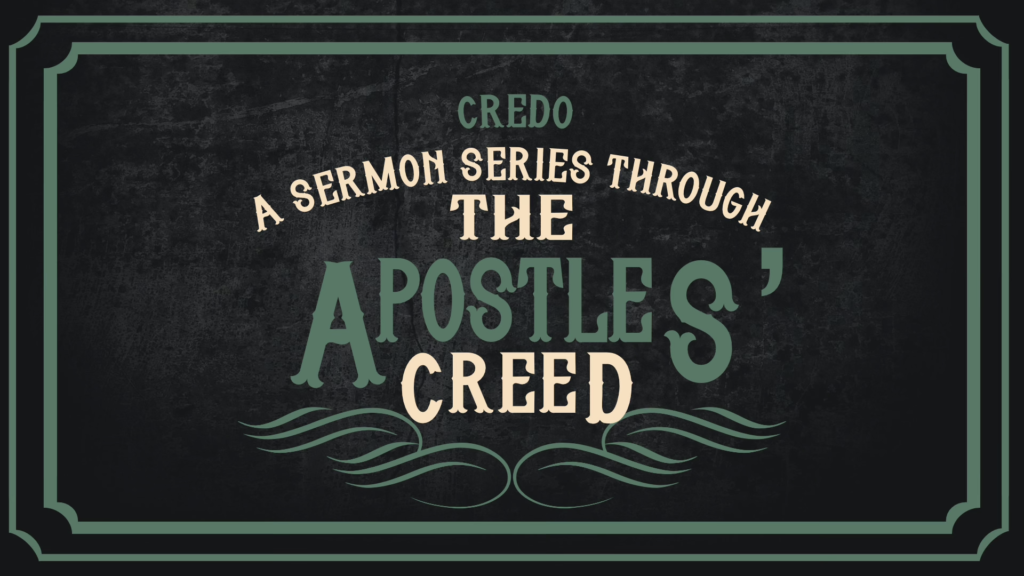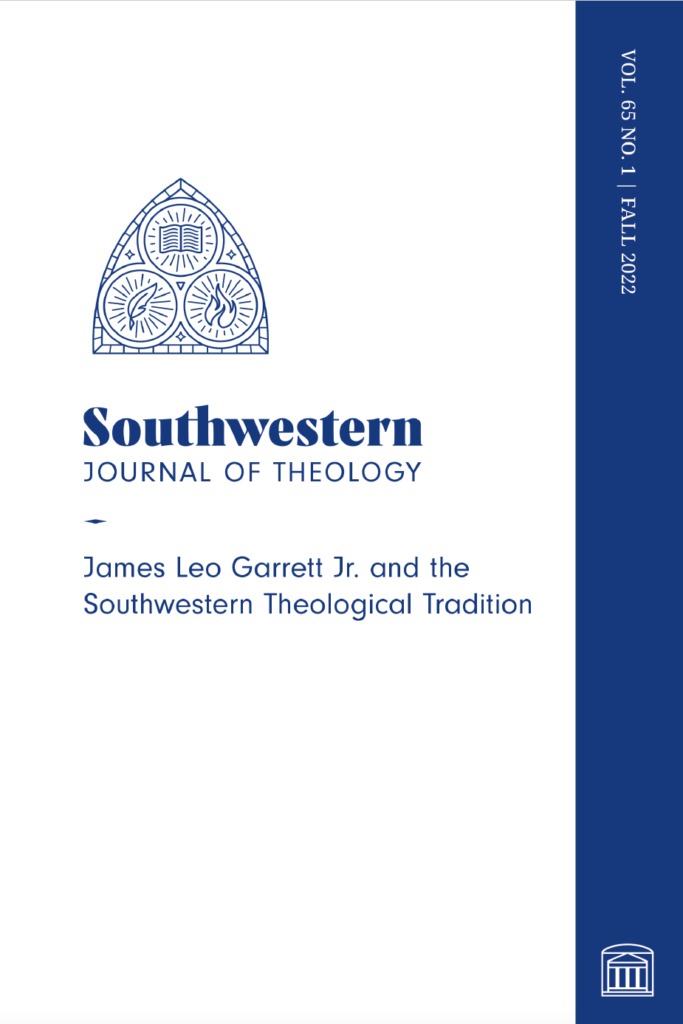“Tenn. judge: Parents can name their baby ‘Messiah’”
WBIR-TV, Knoxville, Tenn.
Published 10:54 a.m. ET Sept. 18, 2013
Well. That will get your attention! Here are some of the details:
NEWPORT, Tenn. — A Tennessee judge reversed a ruling Wednesday ordering a mother to change her 8-month-old’s name from “Messiah.”
The boy’s mother, Jaleesa Martin, and father could not agree on a last name, which is how they ended up at a child support hearing in Cocke County Chancery Court last month.
Child Support Magistrate Lu Ann Ballew ordered the baby’s name be “Martin DeShawn McCullough.” His name included both parents’ last names but left out Messiah.
So the parents go before the judge concerning the last name but the judge, in making her ruling, tries to make them drop the first name, “Messiah.” Now, the magistrates ruling would be overturned by virtue of the fact that the parents were not there to discuss the first name but rather the last name and, it was decided, making them drop the first name was unconstitutional. Even so, the judge’s explanation was interesting.
“The word ‘Messiah’ is a title, and it’s a title that has only been earned by one person—and that one person is Jesus Christ,” Ballew said.
The mother, commenting later, said:
“I was shocked. I never intended on naming my son Messiah because it means God and I didn’t think a judge could make me change my baby’s name because of her religious beliefs,” said Martin.
The child’s name is now Messiah DeShawn McCollough. McCollough is the father’s name.
Martin said she’s relieved.[1]
Whew! There is a lot going on here! Quite apart from the legal angle, I am intrigued by a few things.
The judge actually is correct that the word “Messiah” is a title. But then so is the name “Judge” and I had a great uncle named Judge Reynolds, so…
And I am still chewing on the Judge’s argument that Jesus “earned” the title “Messiah.” Earned? That invokes an image of a person not having something and then getting something because he worked for that something. If that is what is meant, it is a problem. Jesus was the Messiah, the anointed redeemer, by virtue of what He did, yes (perhaps “fulfilled” instead of “earned”?) but more so He was the Messiah because He bore the divine anointing as such in His person. You do not have to “earn” what you “are.” Yet, He did show in His words and work that He was the Messiah.
Anyway, regardless of what you think of the legalities or semantics of the judge’s reasoning, it is a bit eyebrow-raising to name one’s child “Messiah.”
To some, the word “Messiah” may sound like a strange or exotic Old Testament word. But you need to understand that every time you say the word “Christ” you are saying Messiah.
Theologian James Leo Garrett Jr. explains.
The Hebrew word māšî(a)ḥ, meaning “anointed one,” was transliterated into Greek as messias and translated into Greek as Christos, a substantive derived from the Greek verb chriein, meaning “to anoint.” The Latin translation is Christus, and hence we have the English “Christ.”[2]
That is to say that as the word “Messiah” travels from a Hebrew tongue to an English tongue it tends to become “Christ” along the way.
We also refer to “Messiah” every time we say “Christian.” Alister McGrath writes:
The Roman historian Tacitus refers to Christians’ deriving their name from “Christ, who was executed at the hands of the procurator Pontius Pilate in the reign of Tiberius.”[3]
So in a sense we have all taken on the name “Messiah,” though, for us, we mean that we are followers of or disciples of the Christ.
In the Apostles’ Creed way proclaim believe in “Jesus Christ.” But when we say this, what are we saying?




